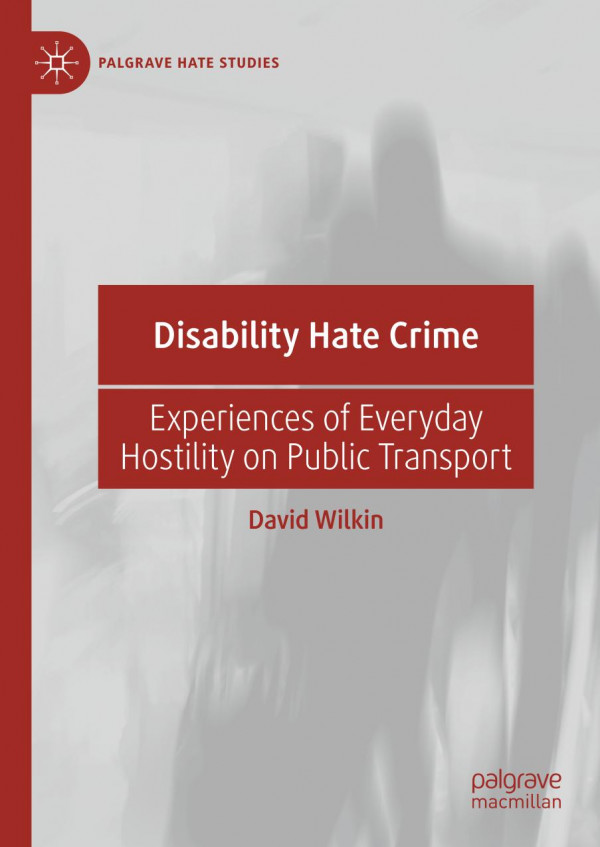

Most ebook files are in PDF format, so you can easily read them using various software such as Foxit Reader or directly on the Google Chrome browser.
Some ebook files are released by publishers in other formats such as .awz, .mobi, .epub, .fb2, etc. You may need to install specific software to read these formats on mobile/PC, such as Calibre.
Please read the tutorial at this link: https://ebookbell.com/faq
We offer FREE conversion to the popular formats you request; however, this may take some time. Therefore, right after payment, please email us, and we will try to provide the service as quickly as possible.
For some exceptional file formats or broken links (if any), please refrain from opening any disputes. Instead, email us first, and we will try to assist within a maximum of 6 hours.
EbookBell Team

0.0
0 reviewsThis book examines the experiences of disabled people on public transport to reveal the everyday abuses that many experience there, and the resilience that they need in order to conduct an ordinary life. This work represents an intertwining of personal journeys, with its author writing from first-hand experience, and now working as one of the leading researchers of disability hate crime (DHC) in the UK. DHC is an under-researched area and the findings in this book have implications beyond the public transport context. This book draws on a sample of 56 victim-participants and includes data drawn from public transport regulators, service operators and staff in the UK.
Wilkin argues that established legislation needs to be recognised and implemented by regulatory and local authorities in order to reach equality objectives on public transport. Each chapter is clearly structured, accessibly written and includes key definitions which will speak to practitioners and academics with an interest in victimology, policing, social policy, gender studies, disability studies, migration studies, equality studies and religious studies. This book also examines how effectively authorities and service providers safeguard disabled people on UK public transport and reveals adaptive approaches to researching with disabled people.